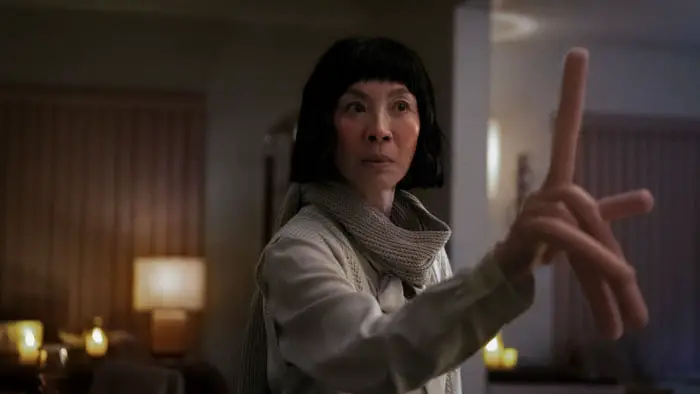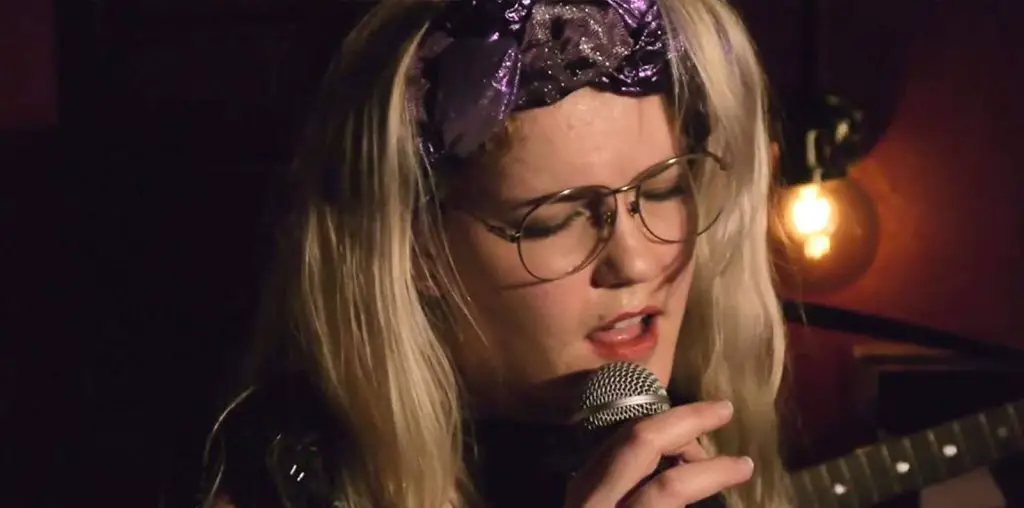
I admit I was tempted to open this review with a “Jersey Shore” joke intended to highlight the cesspool that much of our modern culture has become. But, of course, I enjoy plenty of lowbrow fare myself, so who am I to pass judgment, right?
That said, I have my highbrow moments too, and I was able to indulge in many of them with the BBC’s excellent “In Their Own Words” documentary series, which culls the venerable network’s archives for audio and video recordings of the most revolutionary writers and thinkers of the 20th century.
This six episodes in this series are split along two paths: “British Novelists” and “Great Thinkers.” The former begins in 1919, amid the ruins of World War I, and carries through the upheaval of the subsequent seven decades until it reaches 1990. Along the way, we hear from a wide range of writers, including a rare audio recording of Virginia Woolf and a bit of J.R.R. Tolkien reading a piece in Elvish. Graham Greene allowed BBC cameras to accompany him on a train trip but refused to show his face.
The documentary’s narrative puts these various writers in their proper context, explaining how they reflected their era and showing the impact they had on the world around them. Schoolchildren are shown acting out a scene from T.H. White’s “The Once and Future King.” We see a clip from a BBC adaptation of one of P.G. Wodehouse’s comic novels. We get another clip from a BBC adaptation of George Orwell’s dystopian “1984.”
Along the way, various modern critics put all of this into a current-day perspective. We’re left to decide for ourselves which authors remain truly relevant and which ones should perhaps be left behind as relics from an archaic age.
Over on the second platter, “Great Thinkers” serves up three episodes that are arranged around themes rather than decades: “Human, All Too Human,” “The Grand Experiment,” and “The Culture Wars.” The first gives us Sigmund Freud, B.F. Skinner, Dr. Benjamin Spock, Margaret Mead, and others who have graced the BBC airwaves. The second one uses the stark contrast of John Maynard Keynes and Milton Friedman to highlight various socioeconomic issues and the politics that drive them. Finally, the third piece gives us Susan Sontag, Marshall McLuhan, and others musing on the UK’s cultural conflicts.
You’ll notice, of course, that “Great Thinkers” does not limit itself to British citizens. That series focuses more on the prominent people who did interviews with the BBC and who had relevant observations about life in the UK and the changes it went through during the last century. In retrospect, I think perhaps the “British Novelists” part should have been expanded to include writers from around the world who were interviewed by the BBC, but that’s not an awful omission given the rich literary tradition that has emerged from the UK. (I know, what a sin that Snooki’s autobiography was not included.)
My only other minor criticism of this series is the way it quickly jumps from subject to subject, sometimes with rather awkward transitions. Of course, that’s the result of the need to shove as many people into this series as possible. While some of them probably deserved a little more screen time, you can always seek out additional information about them if you’re so inclined.
Bonus features in this set include biographies of the participants and a booklet that offers a viewer’s guide to the series.

